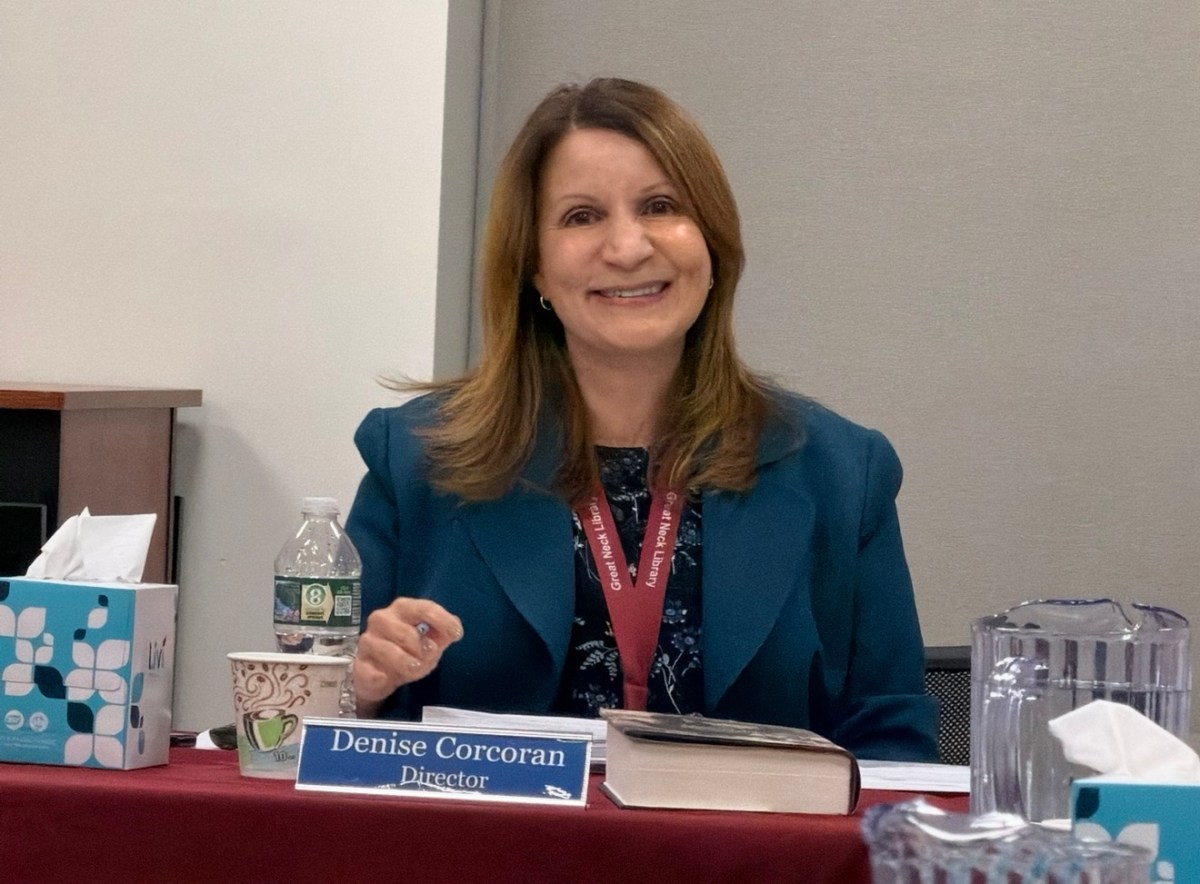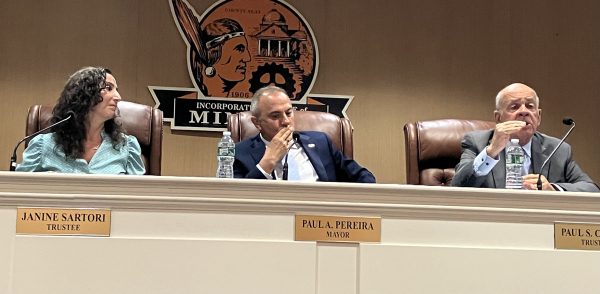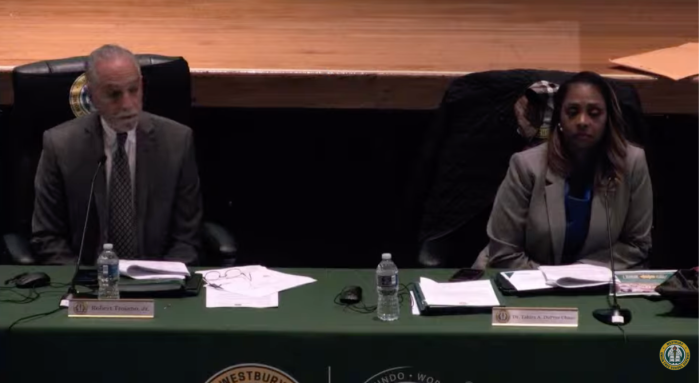The Great Neck Library received a “clean” audit and had the first reading of a rule that could allow the public to participate on Zoom at a meeting on Thursday, Nov. 20.
The audit, presented by Jill Sanders of Cullen & Danowski through a pre-recorded video, revealed no issues with internal controls, financial reporting, or compliance, according to the auditor. The auditor said the library received an unmodified, or “clean,” opinion and that it had provided all necessary documentation.
“We’ve rendered what’s known as an unmodified opinion,” Sanders said. “And as you, the trustees, know, that’s the highest level assurance that you get that the financial statements are fairly presented in accordance with generally accepted accounting principles in the United States of America.”
According to Sanders, the library ended the fiscal year with a general fund balance increase of about $143,000 and maintains over $4.1 million in unassigned reserves, approximately 38% of next year’s operating budget. Auditors said this puts the library in a strong financial position and leaves room to support capital projects.
Most revenue increases came from property taxes, while expenditures rose by about 2.7%. This was primarily due to contractual salary increases, health insurance costs, and retirement contributions, according to the audit. Several capital funds shifted due to building-related construction and maintenance work, including the transfer of $1.8 million from the landscaping capital fund to support improvements in the main building.
No deficiencies or disagreements were reported, and auditors described the library’s financial management as “good” with no material findings.
“So overall a good report for the library, but a good job with respect to the internal controls that they have in place,” Sanders said. “And they’re doing a good job with respect to management from a fiscal standpoint.”
Great Neck Library Board of Trustees President Aliza Reicher also read a proposed policy change that could allow the public to participate in meetings remotely. This was a first draft, so the rule can change in upcoming meetings.
Currently, if trustees must participate remotely, they must do so in a publicly accessible location, allowing members of the public to participate alongside them if needed. Under the new rule, up to two trustees may participate virtually and take the meeting from a private space if they are under “extraordinary circumstances.”
Under the new rule, the public would be permitted to participate through Zoom. Members of the public would be able to participate and speak during designated times. The library would also be required to retain video recordings of all meetings on a publicly accessible website for a period of five years, allowing members to go back and view past meetings.
The board briefly discussed what could qualify as “extraordinary circumstances.”
“You’re on a business trip, you have a childcare issue, and you can’t make it,” Reicher said. “But there are limits, and we don’t want to be like, ‘I didn’t feel like coming tonight. I’m cold. I don’t want to go out.’ So, there’s a subjective element to it. We would hope that people would make the effort to come in person, as we see how important it is to be as together as possible.”

Reicher said she prefers the old law.
“I think that the old version gives us the most flexibility as trustees, to have the ability to not have an in-person quorum,” she said. She said she does not think it’s something “that we would want to rely on,” but that the old rule would better prevent the board from being in a position where it cannot complete necessary tasks because of a lack of in-person attendees.
No vote was taken, as this was the first reading of the potential policy. Board members may suggest revisions before the policy returns for a second reading and potential adoption at a later date.
































